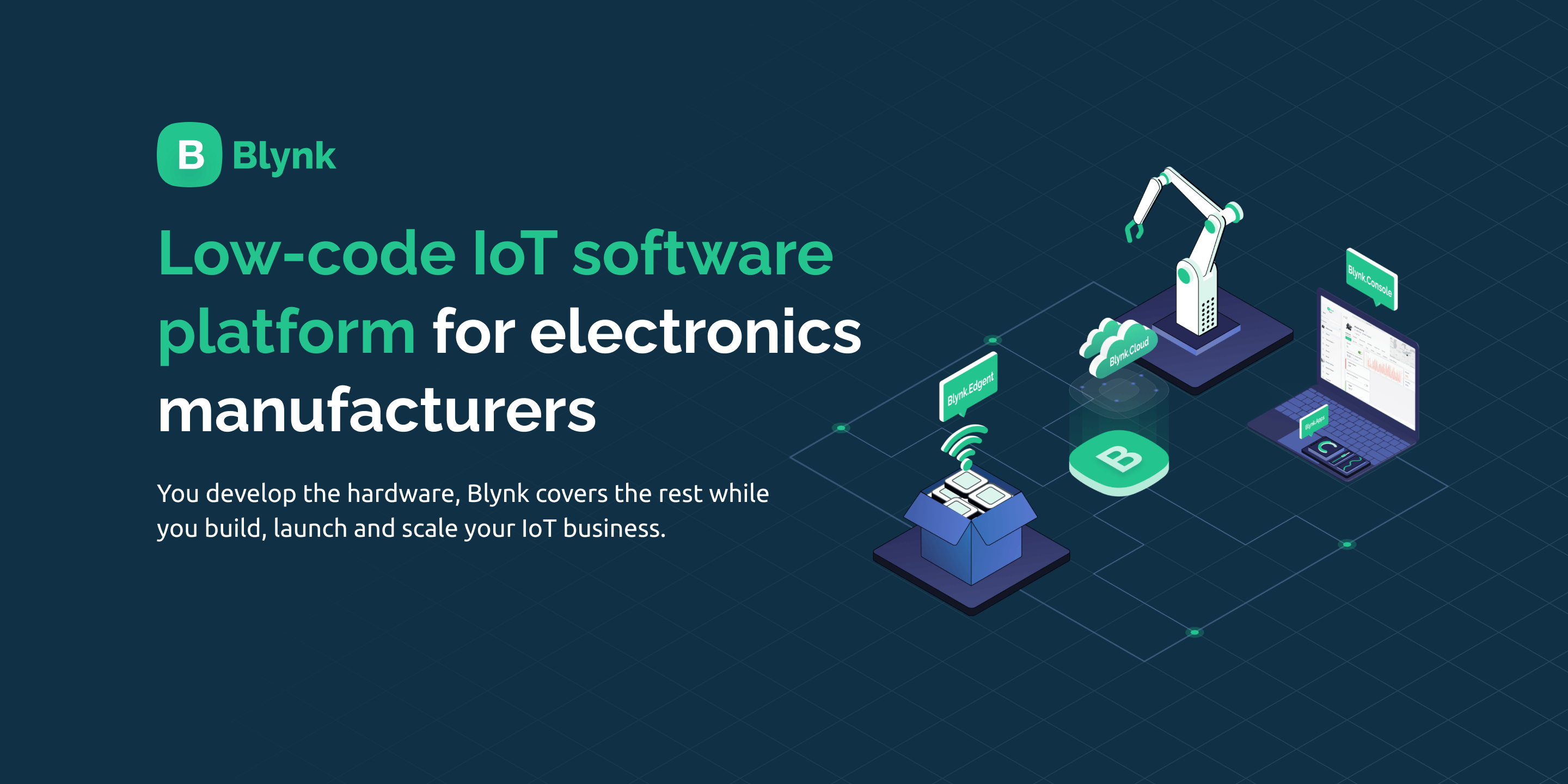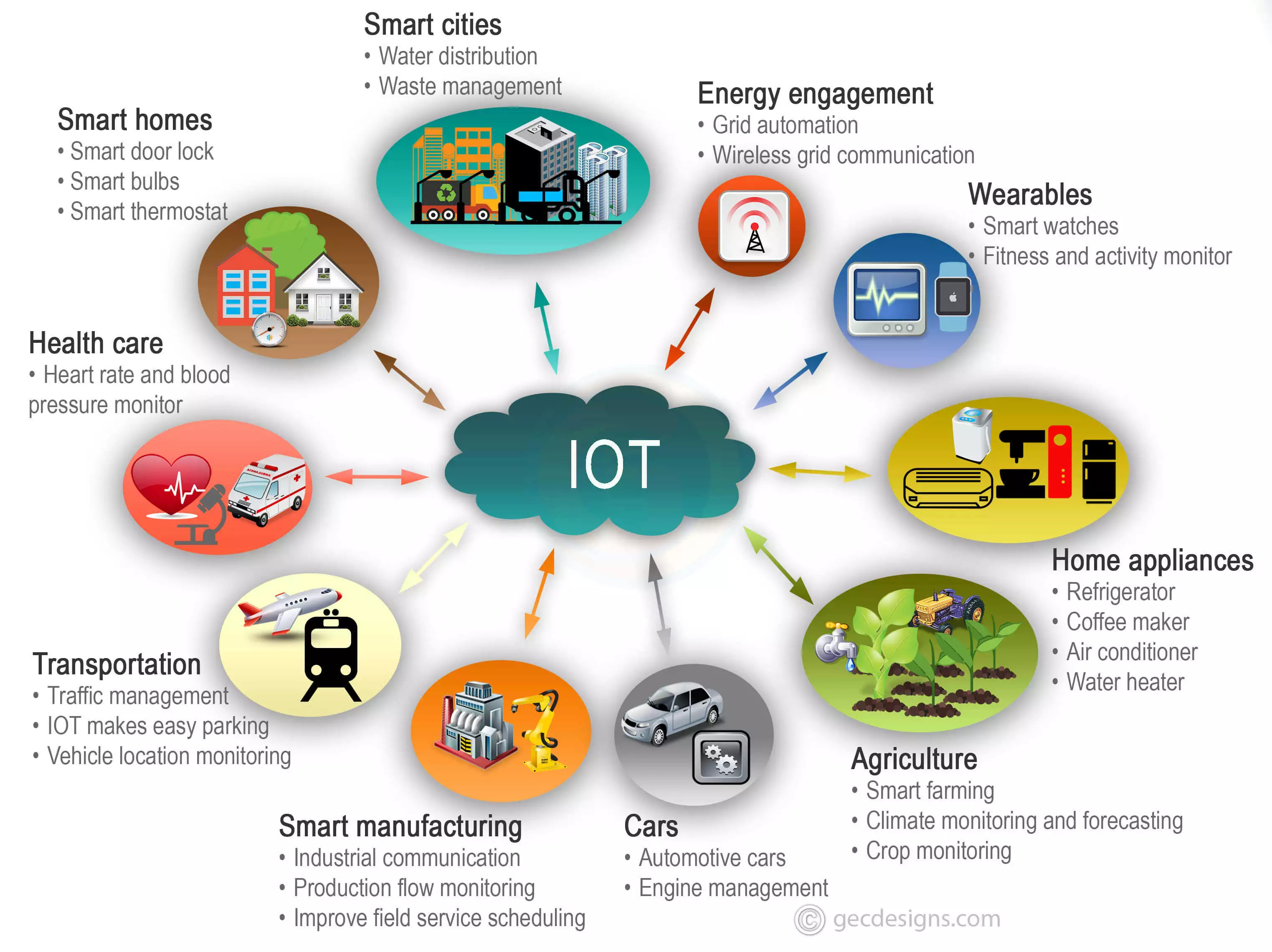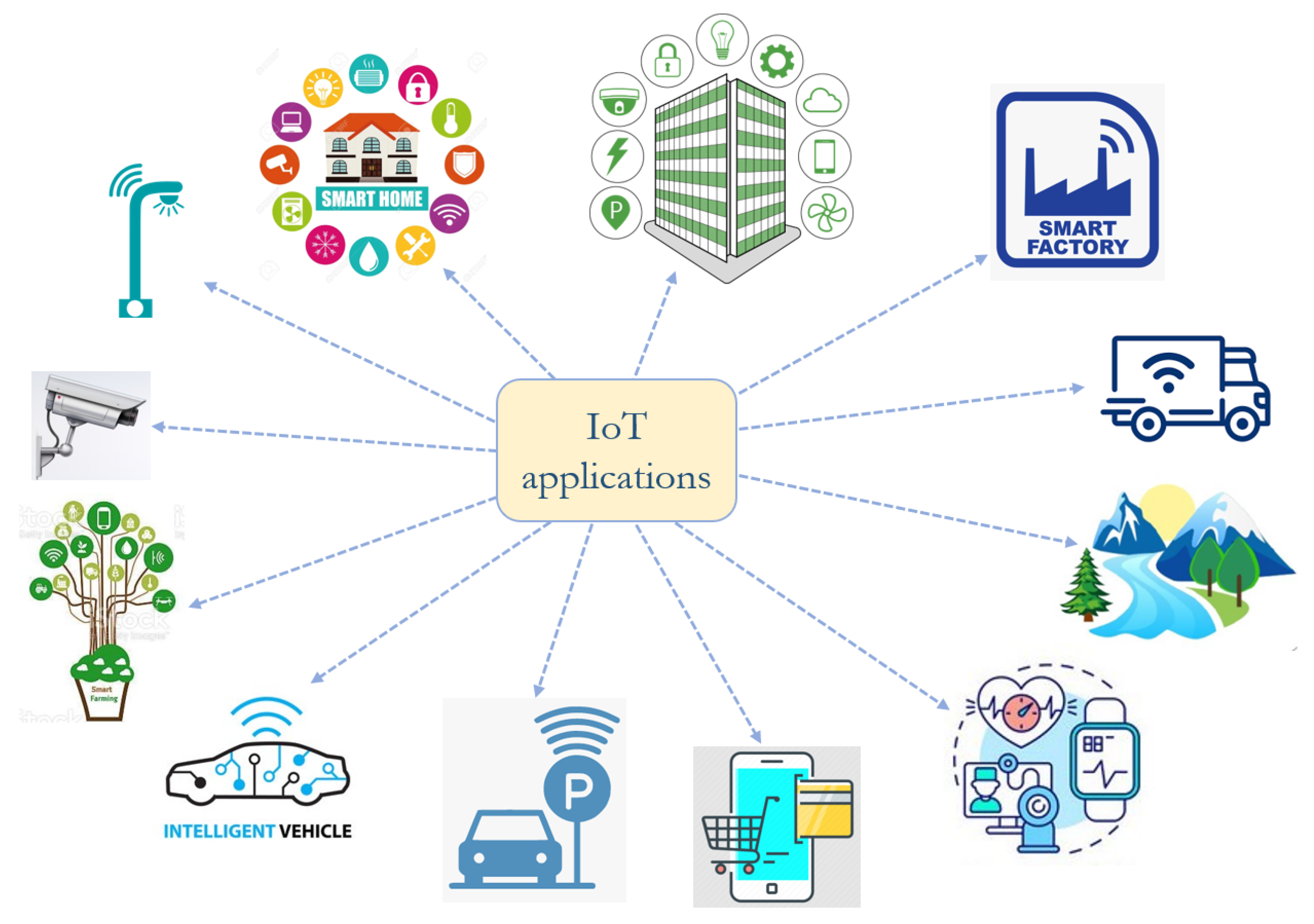Secure Your IoT: Free SSH IoT Platform Guide & Alternatives!
Are you tired of exorbitant fees for managing your IoT devices remotely? The emergence of free SSH IoT platforms is revolutionizing the way we interact with connected devices, offering a powerful, secure, and cost-effective alternative to traditional paid services.
In an era defined by the proliferation of Internet of Things (IoT) devices, the ability to manage and monitor these devices remotely has become paramount. From smart homes and industrial automation to intricate sensor networks, the demand for seamless and secure remote access solutions is exploding. The good news is that a new wave of free SSH IoT platforms is empowering both hobbyists and seasoned professionals to harness the full potential of their IoT infrastructure without breaking the bank. These platforms leverage the power of Secure Shell (SSH) to provide encrypted communication channels, ensuring that your data remains protected from prying eyes and unauthorized access.
| Category | Information |
| Platform Type | Free SSH IoT Platforms |
| Key Feature | Secure Remote Access via SSH |
| Target Audience | IoT Enthusiasts, Professionals, Raspberry Pi Users |
| Primary Benefit | Cost-Effective and Secure IoT Management |
| Related Technology | Internet of Things (IoT), Secure Shell (SSH), Raspberry Pi |
| Use Cases | Smart Home Automation, Industrial IoT, Remote Monitoring |
| Resource Link | Raspberry Pi Official Website |
The allure of SSH IoT free platforms lies in their multifaceted advantages. These platforms not only democratize access to cutting-edge IoT technology but also provide a secure and robust environment for managing your devices. One of the most significant benefits is the ability to streamline device management while maintaining robust security features. Imagine accessing your IoT devices from any corner of the globe, effortlessly troubleshooting issues, deploying updates, and ensuring smooth operation all without incurring hefty subscription fees. This level of accessibility and control is a game-changer for individuals and organizations alike.
- Maricar Reyes Scandal Her Untold Story Healing Journey
- Remembering Preethi Karnam Vanderbilt Alumnas Legacy Impact
The core of these platforms revolves around SSH, a network protocol that provides a secure channel over an unsecured network. By leveraging SSH, these platforms ensure that all communication between your devices and the remote management interface is encrypted, preventing eavesdropping and unauthorized access. This is particularly crucial in an age where data breaches and cyberattacks are becoming increasingly sophisticated. The peace of mind that comes with knowing your data is protected is invaluable, especially when dealing with sensitive information from IoT devices.
Moreover, free SSH IoT platforms often boast ease of integration with existing systems. This means that you can seamlessly incorporate these platforms into your current IoT infrastructure without undergoing a complete overhaul. The ability to leverage your existing hardware and software investments while enhancing security and accessibility is a major draw for many users. It allows for a gradual and cost-effective transition to a more secure and manageable IoT environment.
However, navigating the landscape of free SSH IoT platforms can be a daunting task. With a plethora of options available, each offering a unique set of features and capabilities, it's essential to understand the key considerations before making a decision. One of the primary factors to consider is the platform's ease of use. A user-friendly interface and intuitive tools can significantly reduce the learning curve and make it easier to manage your devices effectively. Look for platforms that offer comprehensive documentation, tutorials, and community support to help you get started and troubleshoot any issues you may encounter.
- Dolly Partons 1977 Grammy Win Here You Come Again Album Facts
- Aayushi Jaiswal Hot Web Series Paid Collaboration Details
Another crucial aspect to evaluate is the platform's security features. While all SSH IoT platforms provide encrypted communication channels, some offer additional security measures such as two-factor authentication, intrusion detection systems, and regular security audits. These features can provide an extra layer of protection against unauthorized access and cyber threats. It's also important to consider the platform's update frequency. A platform that is actively maintained and regularly updated with the latest security patches is less vulnerable to exploits and attacks.
Furthermore, consider the platform's scalability. As your IoT infrastructure grows, you'll need a platform that can accommodate an increasing number of devices and data volume. Look for platforms that offer flexible pricing plans or the ability to scale resources as needed. This will ensure that you can continue to manage your IoT devices effectively without being constrained by the platform's limitations.
For Raspberry Pi enthusiasts, several free SSH IoT platforms are specifically designed to work seamlessly with the popular single-board computer. These platforms offer a simplified setup process and optimized performance for Raspberry Pi devices. Some popular options include thingspeak, cayenne, and webiopi. These platforms provide a range of features, including remote access, data visualization, and device management tools. They are an excellent choice for hobbyists and developers who want to explore the world of IoT without investing in expensive hardware or software.
While free SSH IoT platforms offer a compelling alternative to paid services, it's essential to be aware of their limitations. Free platforms often have limited features, storage space, and bandwidth. They may also lack the level of support and reliability offered by paid services. However, for many users, these limitations are acceptable trade-offs for the cost savings and the ability to manage their IoT devices securely and remotely.
In addition to the platform itself, it's also important to consider the security of your IoT devices. Ensure that you use strong passwords, enable two-factor authentication where available, and keep your device firmware up to date. These measures can help protect your devices from unauthorized access and cyber threats. It's also a good idea to isolate your IoT devices from your main network to prevent them from being used as a gateway to access other devices on your network.
Beyond the individual user, businesses can also reap significant benefits from leveraging free SSH IoT platforms. For startups and small businesses with limited budgets, these platforms offer a cost-effective way to manage and monitor their IoT deployments. They can use these platforms to remotely monitor equipment, track inventory, and optimize operations. The ability to access and analyze data from IoT devices in real-time can provide valuable insights that can help businesses make better decisions and improve their bottom line.
For example, a small agricultural business could use a free SSH IoT platform to remotely monitor soil moisture levels, weather conditions, and crop health. This would allow them to optimize irrigation, fertilization, and pest control, leading to increased yields and reduced costs. Similarly, a small manufacturing company could use a free SSH IoT platform to remotely monitor equipment performance, detect potential failures, and schedule maintenance. This would help them reduce downtime, improve efficiency, and extend the lifespan of their equipment.
However, businesses should also be aware of the limitations of free SSH IoT platforms. These platforms may not offer the level of security, reliability, and support required for mission-critical applications. They may also lack the advanced features and scalability needed to support large-scale IoT deployments. For these types of applications, businesses may need to consider investing in a paid SSH IoT platform.
The choice between a free and paid SSH IoT platform ultimately depends on your specific needs and requirements. If you're a hobbyist or a small business with limited budgets, a free platform may be a good starting point. However, if you require high levels of security, reliability, and support, or if you have a large-scale IoT deployment, a paid platform may be a better option.
Regardless of whether you choose a free or paid platform, it's essential to take the necessary steps to secure your IoT devices and data. This includes using strong passwords, enabling two-factor authentication, keeping your device firmware up to date, and isolating your IoT devices from your main network. By taking these precautions, you can minimize the risk of unauthorized access and cyber threats.
In conclusion, free SSH IoT platforms are a powerful tool for managing and monitoring IoT devices remotely. They offer a cost-effective and secure alternative to traditional paid services. Whether you're a hobbyist or a business, understanding the landscape of free SSH IoT platforms can help you make informed decisions and unlock the full potential of your IoT infrastructure. By carefully evaluating your needs and requirements, and by taking the necessary steps to secure your devices and data, you can leverage these platforms to create a more connected, efficient, and secure world.
The rise of IoT has also brought with it a need for developers and programmers to interact with devices in a secure and efficient manner. This is where the concept of "remote iot monitoring ssh download a" becomes relevant. SSH, or Secure Shell, provides a secure, encrypted connection between a client and a server. In the context of IoT, this means a developer can remotely access and monitor an IoT device, execute commands, and download data without exposing the communication to potential eavesdroppers.
Several tools and applications are available to facilitate this process. For instance, PuTTY is a widely used, free SSH client for Windows that allows users to connect to remote servers and devices. Similarly, OpenSSH is a suite of secure networking utilities based on the SSH protocol, providing secure encrypted communications over a network. These tools enable developers to remotely access and manage IoT devices from their computers, regardless of their physical location.
Moreover, cloud platforms like AWS IoT and Azure IoT Hub provide managed services that incorporate SSH for secure remote access and management. These platforms offer a comprehensive set of tools and services for building, deploying, and managing IoT solutions, including secure remote access capabilities.
However, when implementing SSH for remote IoT monitoring, it's crucial to adhere to best practices for security. This includes using strong passwords, enabling key-based authentication, and keeping the SSH server software up-to-date with the latest security patches. Additionally, it's recommended to restrict SSH access to specific IP addresses or networks to further enhance security.
In the world of IoT, data is king. But without proper security, that data can become a liability. Free SSH IoT platforms provide a secure and cost-effective way to manage and monitor your IoT devices remotely. By leveraging the power of SSH, these platforms ensure that your data remains protected from prying eyes and unauthorized access.
Whether you're managing a smart home system, an industrial IoT setup, or a distributed network of sensors, a free SSH IoT platform can be a valuable asset. It allows you to access your devices from anywhere in the world, troubleshoot issues, deploy updates, and ensure smooth operation. And with the increasing availability of free platforms, there's no reason not to take advantage of this technology.
- Somali Wasmo Telegram Channels Find Groups More 2024 Guide
- Subhashree Sahu Scandal Unmasking Cyber Exploitation Ethics 2023

SSH IoT Free Platform Examples Comprehensive Guide For Developers

How To Use SSH IoT From Anywhere Login On Mac For Free The Ultimate Guide

SSH IoT Free Platform Examples Comprehensive Guide For Developers